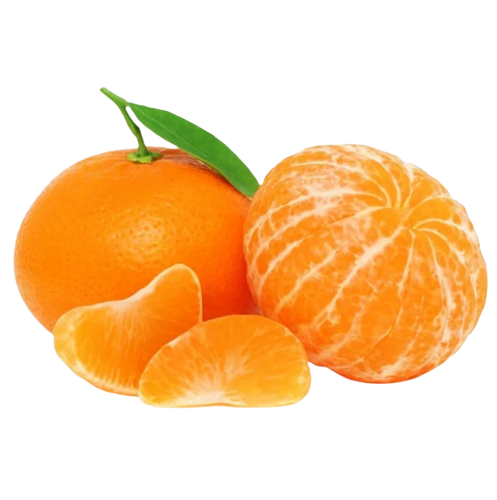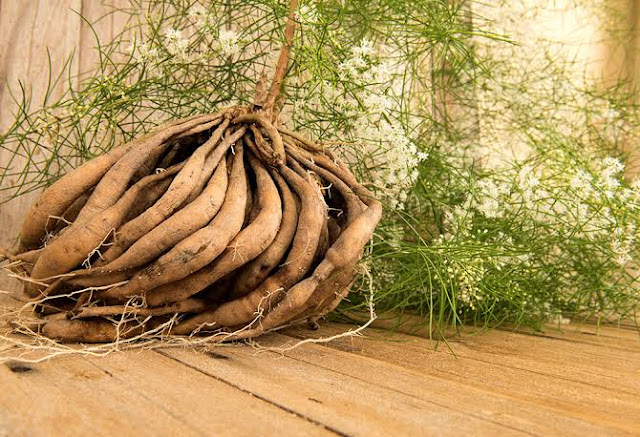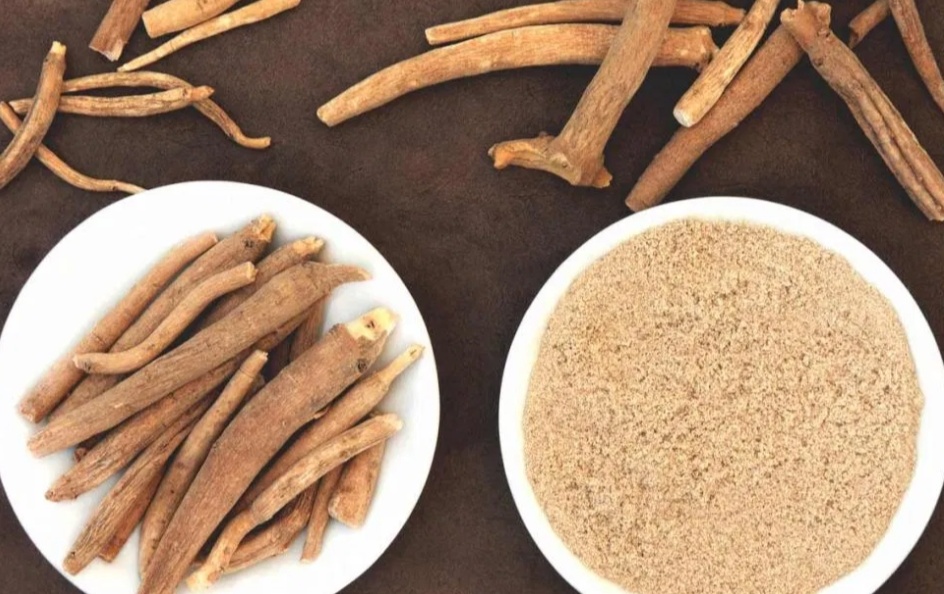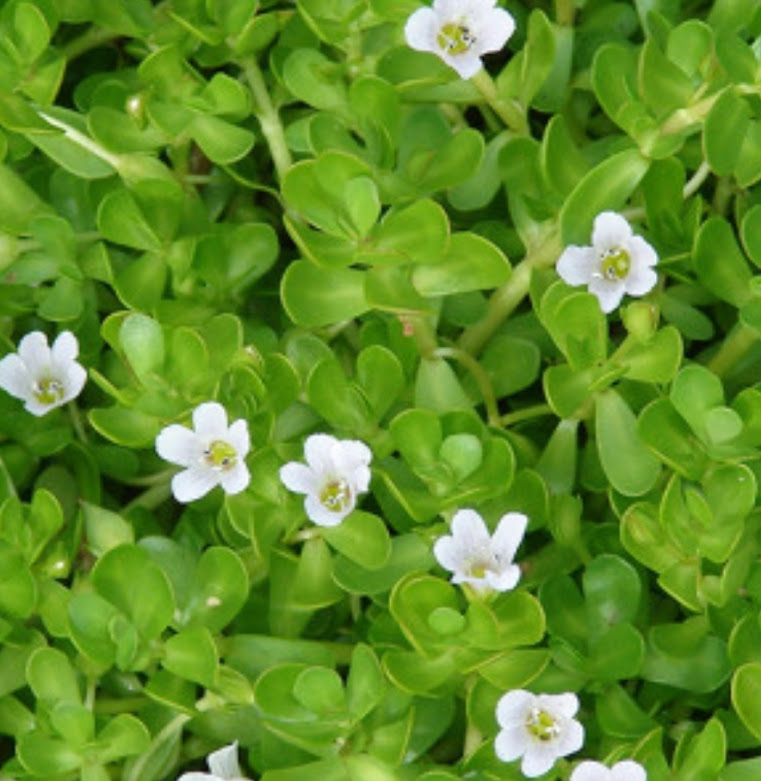Orange Fruit - Health benefits, application, chemical constituents, side effects and many more
Orange - Fruit
Many such fruits are found in the winter season, which is very healthy for health. One of these fruits is orange. Orange also enhances the beauty of the fruit market during the winter season. This fruit is very juicy. Its taste and aroma are completely different from other fruits.
It shows antioxidant, anti-inflammatory, anticholesterolemic, analgesic, antiasthmatic, antiscorbutic, antiseptic, antitussive, carminative, expectorant, stomachic properties.
Click here for more information about Antioxidants and Free radicals
It has different names in different languages such as Marathi name(laramj, narangi, sakulimba,suntra), Hindi name(amritphal, khatta, narangi,sangtara,sangtra,sunthura), English(orange), Tamil name(aaranju palam, kamala aaranju, kicchili pazham), Telugu name(aaranji, batavanarinja,jambhiri), Kannada name(doddile, haereli, Kittale), Malayalam name(conakanaranna, jambiram, kolanchinarakam), Urdu name(khattay, sharbat naramj),
History
The orange originated in a region encompassing Southern China, Northeast India, and Myanmar, and the earliest mention of the sweet orange was in Chinese literature in 314 BC. As of 1987, orange trees were found to be the most cultivated fruit tree in the world. Orange trees are widely grown in tropical and subtropical climates for their sweet fruit. The fruit of the orange tree can be eaten fresh, or processed for its juice or fragrant peel.
The sweet orange is not a wild fruit, having arisen in domestication from a cross between a non-pure mandarin orange and a hybrid pomelo that had a substantial mandarin component. Since its chloroplast DNA is that of pomelo, it was likely the hybrid pomelo, perhaps a BC1 pomelo backcross, that was the maternal parent of the first orange. Based on genomic analysis, the relative proportions of the ancestral species in the sweet orange is approximately 42% pomelo and 58% mandarin. All varieties of the sweet orange descend from this original cross, differing only by mutations selected for during agricultural propagation.
Vitamin and Mineral content
Vitamin : B1, B2, B3, B5, B6, B9, A, E, C, choline
Minerals : Calcium, Iron, Magnesium, Manganese, Phosphorus, Potassium, Zinc
Orange flesh is 87% water, 12% carbohydrates, 1% protein, and contains negligible fat (table). In a 100 gram reference amount, orange flesh provides 47 calories, and is a rich source of vitamin C, providing 64% of the Daily Value.
Oranges contain diverse phytochemicals, including carotenoids (beta-carotene, lutein and beta-cryptoxanthin), flavonoids (e.g. naringenin) and numerous volatile organic compounds producing orange aroma, including aldehydes, esters, terpenes, alcohols, and ketones.
The taste of oranges is determined mainly by the relative ratios of sugars and acids, whereas orange aroma derives from volatile organic compounds, including alcohols, aldehydes, ketones, terpenes, and esters. Bitter limonoid compounds, such as limonin, decrease gradually during development, whereas volatile aroma compounds tend to peak in mid– to late–season development. Taste quality tends to improve later in harvests when there is a higher sugar/acid ratio with less bitterness. As a citrus fruit, the orange is acidic, with pH levels ranging from 2.9 to 4.0.
The essential oils contain volatile compounds, mainly aldehydes, limonene, ketones, esters, alcohols, terpenes, β-myrcene, 3-carene and α-pinene which provides the distinctive aromas and tastes of citrus fruit
Properties and benefits
- Rasa: Sweetish; sour and bitter in taste..
- Guṇa: Palatable [hRRidyaM], light for digestion;
- Vīrya: Cold in potency.
- Effects on Doshas: Reduces vata when taken in raw state. It taken after cooking it reduces the kapha and pitta.
- Click here for more information about Tridosha
- Increases the physical strength; increases the digestive agni; reduces the burning sensation of the body and body parts; improves the taste perception in anorexic patients; controls nausea and acid reflux post ingestion of food. It is a good appetizer; digestive and soothing agent
- Sour and sweet in taste.
- Vishadam – Clears the channels of the body, clarifies the blood vessels, cleanses the gastro intestinal tract.
- Increases taste of food
- Improves taste perception
- Hridya – Good for heart – acts as a cardiac tonic
- Imparts heat to the body. Hot in nature.
- Improves strength and boosts immunity.
- Balances Vata
- Relieves tiredness
- Helps in relieving indigestion, abdominal pain, worm infestation and colic pain.
Whole oranges vs. orange juice
Even though both orange juice and whole oranges are nutritious, there are several differences between the two.
- some orange juices contain added sugars, which you should keep to a minimum for optimal health.
- Orange juice also contains preservatives for long time storage of juice
- Orange juice is very much lower in fiber.
Fresh oranges provide more fiber and nutrients than orange juice; rather than drinking juice, which can add excess calories and sugar to your diet and raise blood sugar rapidly, eat the whole fruit.
Uses, Benefits, Remedies and Application
1) Orange is packed with various essential nutrients and a high fiber content that helps improve the energy levels. The daily consumption of 1-2 cups of Orange juice before breakfast improves digestion.
2) Orange peel or essential oil helps delay skin ageing due to its high antioxidant property. It keeps the skin moisturized, softens. It also reduces inflammation in the affected area because of its anti-inflammatory property.
3) Orange reduce the synthesis and release of lipids in liver.
4) You should eat 2-3 Oranges in a day. However it is generally advisable to avoid them in the evening and night.
5) Orange essential oil is used in many products such as cosmetics, medical formulations, beverages and foods, as as well as in aromatherapy.
6) Oranges are a rich source of carotenoid. The Vitamin A present in them play an important role in keeping the mucus membranes in the eyes healthy. Vitamin A is also responsible to prevent age-related mascular degeneration, which in extreme cases can lead to blindness. It also helps eyes to absorb the light.
7) Helps your body make collagen, a protein that heals wounds and gives you smoother skin.
8) Makes it easier to absorb iron to fight anemia.
9) Boosts your immune system, your body's defense against germs.
10) Protects your cells from damage.
11) Oranges are a good source of fiber and potassium, both of which can support heart health.
12) The citric acid helps exfoliate the skin, reducing acne. Vitamin C in it enables the body to produce collagen and elastin, keeping it youthful.
- Orange contains natural oils that nourish your skin, making it soft and subtle. Its antioxidants fight free radicals, reduce wrinkles and premature aging.
13) orange juice helps to prevent inflammation and thereby helps treat arthritis. Oranges have anti-inflammatory properties that help to prevent Rheumatoid Arthritis.
Side effects
- Orange should be avoided if you have acid reflux or indigestion problems or gastrointestinal disorder.
If you want to give more suggestion in this, then comment us, we will replay your comment.
If you like this post, then share it and follow us on Instagram (@healthyeats793) and many thanks for coming to our site Healthy eats
keep visiting
Follow us
2) Facebook
3) Pinterest
🙏🙏Subscribe and share for latest updates 🙏🙏
More posts from our site
- Click here for more information about Tamarind
- Click here for more information about Nutmeg (Jaiphal)
- Click here for more information about Viruddha aahra
- Click here for more information about Bay leaves
- Click here for more information about Jambul (java phalam)
- Click here for more information about Marking nut (bibba)
- Click here for more Home remedies of Nirgundi
- Click here for more information about saffron
- Click here for more information about Neem
Refrence
1) J. Agric. Food Chem. 2015, 63, 2, 578–587 doi:10.1021/jf505297t. PMID 25539394.
2) Chapter 3.CITRUS RETICULATA BLANCO.REVIEW OF LITERATURE
3) J FundamAppl Sci. 2017, 9(3), 1351-1357
4) Eur J Nutr. 2016; 55(6): 2021–2029. Published online 2015 Aug 18. PMCID: PMC5009163
5) ISRN Nutr. 2014; 2014: 405867. Published online 2014 Mar 4. PMCID: PMC4045306
6) PUBMED
7) NCBI
8) Google Scholar
9)Bhavaprakasha nighantu
10) Dhanvantari nighantu







Nice👍
ReplyDeleteGreat work buddy
ReplyDelete